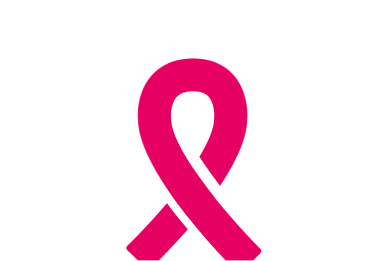STI Testing and Management
Helping to prevent the spread of sexually transmitted infections

STI stands for “Sexually Transmitted Infection” and refers to infections caused by bacteria, viruses, and parasites commonly transmitted during sexual activity. The most common infections include chlamydia, gonorrhoea and trichomoniasis but also includes less common infections such as syphilis, hepatitis B and C and HIV.
Common symptoms
- Vaginal discharge.
- Genial ulcers.
- Lower abdominal pain
Some STIs can also spread through non-sexual means such as via blood or blood products or from mother to child during pregnancy and childbirth.
Different approaches to STI management in MSI
- Prevention: Vaccination HPV and Hep B.
- Syndromic management: Provision of treatment according to a set of signs and symptoms (syndrome)
- Screening of asymptomatic clients and treatment
Which women are a higher risk of STI?
- Age <21.
- Unmarried.
- More than one sexual partner in the last 3 months.
- New partner in previous 3 months.
- Current partner has an STI.
- High prevalence setting.
Management of Symptomatic Clients
- History taking and risk assessment.
- Physical examination including genital examination.
- Syndromic determination and reliable rapid testing
- Treatment, counselling, and education
- Case reporting and clinical follow-up if needed and partner management.
- Screening of symptomatic clients
Syndromic determination:
- Vaginal discharge syndrome
- Lower abdominal pain Syndrome
- Genital ulcer Syndrome
- Inguinal bubo syndrome
Treatment According to diagnosis determination:
- Vaginal discharge syndrome
- Lower abdominal pain Syndrome
- Genital ulcer Syndrome
- Inguinal bubo syndrome
What will be your role in this service?
- Currently we have trained certain providers in the centre on this service.
- But whilst serving your clients you may come across opportunities where it would be good for the client to have STI screening. It’s important that all centre staff can explain the and refer clients for this service as appropriate.
- By being aware of all the services we offer you can help our clients better. You can help meet their needs more holistically and demonstrate that the entire centre team is there to support them.
- As with all the services we offer remember to be mindful of how you talk to the client, so we do not show judgement or breach their confidentiality.









